For many, becoming a licensed medical laboratory technologist (MLT) in Canada can be a long and difficult process. Over 80% of internationally educated applicants need to complete some form of upgrading of skills or education before they can write the CSMLS certification exam. This can be a costly and time-consuming process that can take several years to complete.
Applicants Assessed | Learning Plans Completed
Exam Attempts | Exam Pass
Out of 100 Applicants:
Hover over the links above to view the results.
As a result, some individuals might consider pursuing an alternative to medical laboratory technology in which they could transfer their current skills, knowledge, education and work experience. For these individuals, alternate or related careers may be pursued while in the process of becoming a licensed MLT or as a permanent career option.
Choosing an alternate career could provide a rewarding employment future in Canada.
This website contains information on several potential alternate careers. These are professions related to medical laboratory technology but do not require a license to practice.
Click on an image below to explore some of the career options available.

Animal Health Technologist
Animal health techs do research, and give technical support to veterinarians and research scientists in laboratories. Learn More.

Assayers
Assayers test and analyze ores and minerals to determine the composition and value of the samples. Learn More.

Biological Technologist
Biological techs work in laboratories and in the field in a wide range of industries and work environments. It is their job to help scientists, doctors, engineers, and other professionals find the scientific answers they need. Generally, biological techs collect and analyze samples of things like seeds, water, food, and drugs. Learn More.
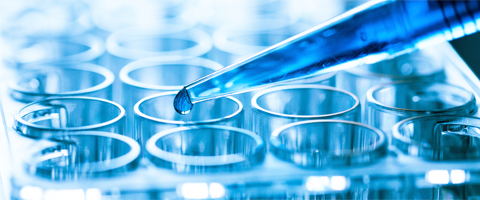
Biotechnology Laboratory Worker
Biotechnology lab workers perform bench work and laboratory procedures under the supervision of laboratory techs, laboratory researchers, research scientists, and other senior staff in the industry of biotechnology. Learn More.
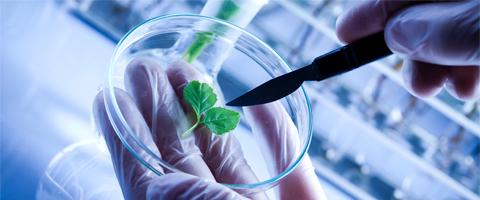
Biotechnology
The biotechnology industry is made up of the invention, development, production, and use of products and processes that use biological resources. Learn More.
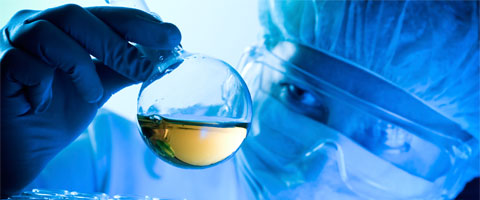
Chemical Technologist and Technician
Chemical techs provide technical support to teams of chemists, chemical engineers, and related professionals. Chemical techs generally specialize in an area such as analytical chemistry, production of industrial chemicals, materials science, food technology, mineral processing, pulp and paper technology, recycling technology, industrial chemistry, or environmental monitoring and protection. Learn More.
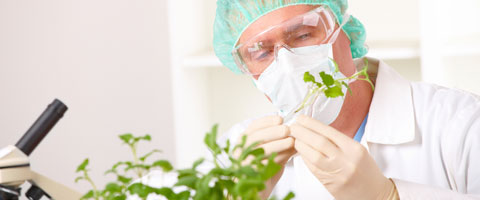
Food Science Technologist
Food science is the study of the physical, biological, and chemical makeup of food and the basic concepts of food processing. Food technology is the application of food science to the selection, preservation, processing, packaging, distribution, and use of safe food. Learn More.

Health Information Management Technician
Health information management professionals provide services in all aspects of clinical records management. This includes data collection, coding use, integrity, access, disclosure, retention and disposal of health information. Learn More.
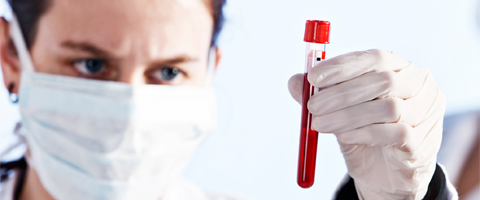
Medical Laboratory Assistants (MLA)
Medical lab assistants MLA receive and collect samples and work directly with patients. They sort, prepare, and process samples that will be tested and analyzed by a medical laboratory technologist or other health professionals. Learn More.
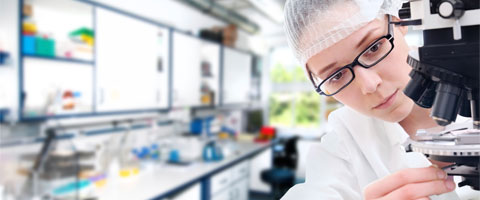
Pathologist’s Assistant
Pathologists’ assistants help with autopsies and examinations of surgical specimens, or perform autopsies under a pathologist’s supervision. Learn More.

Technical Sales Specialists
Technical sales specialists usually specialize in a particular line of goods or services, such as laboratory supplies and equipment. Learn More.